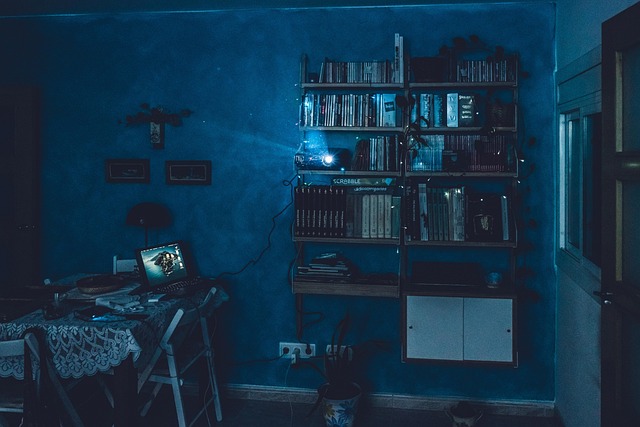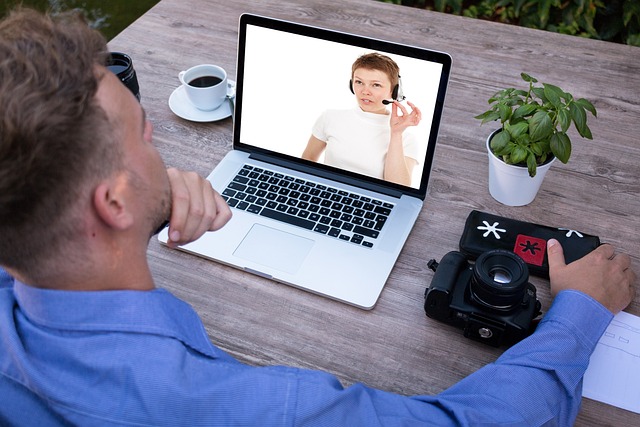The Importance of Understanding Video Copyright in Online Education
In today’s digital age, the intersection of video and education has revolutionized the way knowledge is shared. Whether you are a teacher creating instructional videos, a student accessing online courses, or a content creator developing educational content, understanding video copyright is paramount. Ignoring copyright laws can lead to legal troubles and undermine the effort put into creating and distributing valuable educational material.
What is Video Copyright?
Video copyright refers to the legal protections granted to creators of video content. It gives them the exclusive right to use, reproduce, and distribute their work. This means that if you create an educational video, you own the rights to that content, and others cannot use it without your permission. However, copyright laws can be complex, especially when it comes to using existing materials in your videos.
Copyright in the Context of Online Education
As more educational content moves online, it’s essential to recognize how copyright affects both educators and learners. Online education often involves the use of various multimedia elements, such as clips from films, images, and music. While these elements can enhance the learning experience, they also raise important copyright questions. Educators must navigate the use of these materials carefully to ensure they are not infringing on someone else’s rights.
Fair Use and Creative Commons
One of the most frequently discussed aspects of video copyright in an educational setting is the concept of fair use. This legal doctrine allows for limited use of copyrighted material without permission under certain circumstances, particularly for educational purposes. However, fair use is not always clear-cut, and the specific context of use is critical.
Another option for educators is to utilize Creative Commons licenses, which allow creators to share their work legally. These licenses provide a framework for how others can use, share, and build upon the original content, making it easier to incorporate a diverse range of materials into your educational videos.
Building Knowledge Responsibly
When creating or consuming video content for educational purposes, it’s essential to respect copyright laws to build a responsible body of knowledge. This not only protects creators but also ensures a respectful exchange of ideas. By understanding the rights associated with video content, you can foster an environment where learning is enriched, and creativity is encouraged.
Practical Tips for Navigating Video Copyright
- Always credit original sources: If you’re using someone else’s content, give appropriate credit and be aware of their terms of use.
- Opt for original content: Developing your own videos and materials can circumvent many copyright issues.
- Educate yourself about copyright: Familiarize yourself with your rights and obligations under copyright law to protect your work and respect others’ rights.
- Explore public domain and Creative Commons resources: There is a wealth of videos and materials available that can be used freely or with attribution.
In the ever-evolving landscape of online education, staying informed about video copyright is crucial. By understanding and respecting these legalities, you contribute to a more sustainable and ethical environment for knowledge sharing. Embrace the power of video as a tool for education while ensuring that you are operating within the realms of legality. This path not only safeguards your projects but also empowers others to explore the rich world of educational content legally and creatively.




